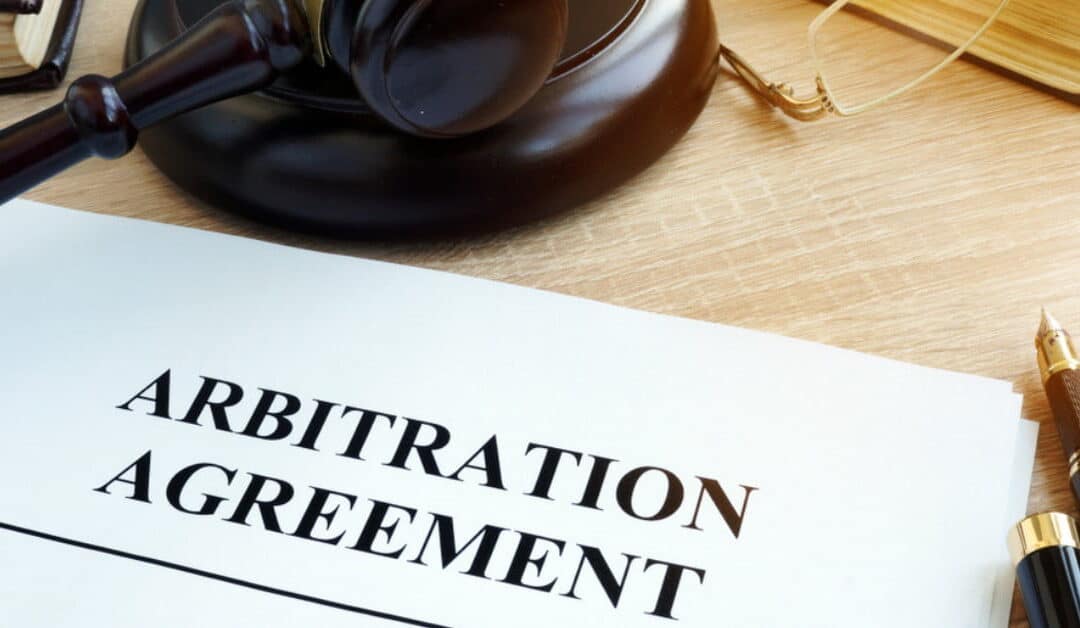A large proportion of landlord-tenant issues are settled outside of the courtroom. However, because conflicts can range in severity from minor to big, evaluating whether or not you require legal assistance early on may be in your best interests. If not, you may have to go through a lengthy and time-consuming legal process.
Recognize Your Rights
Landlord-tenant regulations varies from one state to the next in the United States, as well as between different cities, so you’ll need to research them depending on where you live. Unless local regulations conflict, the related rules apply across California.
Security Deposit
- For unfurnished units, a landlord can ask for up to two months’ rent, and for equipped units, up to three months’ rent.
- Pet deposits are not permitted in California.
- A landlord can keep a deposit for overdue rent, cleaning the unit to return it back to the condition it was in when it was let out, repair work, and, if specified in the lease, replacing or repairing furniture and other personal property.
Notices
- If all residents have resided there for more than a year, a landlord must issue a 60-day notice to terminate a periodic lease of 12 months or more.
- A landlord must offer a 30-day notice to terminate a month-to-month periodic lease, and a tenant must give a 30-day notice to terminate a month-to-month periodic lease.
- To terminate a week-to-week periodic lease, a landlord must offer a 30-day notice, but a tenant must give a 7-day notice.
Most Frequently Occurring Landlord-Tenant Disputes
These are the most typical sorts of landlord-tenant disagreements.
- Non-payment. This usually happens when a renter fails to pay their rent or refuses to pay modified rates and/or money owed toward upkeep. Depending on where you live, you may be required to pay interest on your security deposit by your landlord.
- Discrimination. If tenants encounter discrimination based on race, religion, national status, color, gender, age, or any form of disability, they can submit a complaint with the Department of Housing and Urban Development. In this scenario, you may want to consult with a real estate lawsuit attorney to see if you are eligible for compensatory damages.
- There has been property damage. If landlords discover property damage after tenants have departed, they may bring claims against tenants to recoup costs for repairs and replacements.
- Evictions. Tenants have the legal right to defend themselves in court against evictions. An attorney can assist you in determining if your landlord has followed the required statutory procedures, in which case you may be able to obtain a favorable verdict. Landlords, on the other hand, may choose to start eviction procedures if tenants refuse to leave or if they have other intractable issues.
How Do Tenant-Landlord Disputes Play Out?
Whether you’re a landlord or a renter, you should first try to resolve the issue between yourselves. If it doesn’t work out, you’ll have to choose from one of these options.
- Arbitration. When both parties agree to arbitrate their disagreement, the process begins. Unless you’ve chosen non-binding arbitration, an impartial arbiter can assist you in reaching a binding ruling.
- Mediation. Although it uses a neutral mediator to reach a conclusion, mediation is less formal than arbitration.
- Small claims court is a type of court that deals with small claims. If your issue is worth less than $5,000, it may be heard in small claims court. This is usually less expensive than filing a case in a civil or county court.
- Court of civil law. If your dispute is worth more than $5,000, you may need to take it to civil court. In this scenario, you might benefit from employing a civil litigation attorney with experience in landlord-tenant issues.
Conclusion
Whether you’re a landlord or a tenant in a dispute with one another, remember that relying on the law can work in your advantage, especially if you’re correct. If you’re not sure where you stand legally, speak with a real estate attorney as soon as possible.

